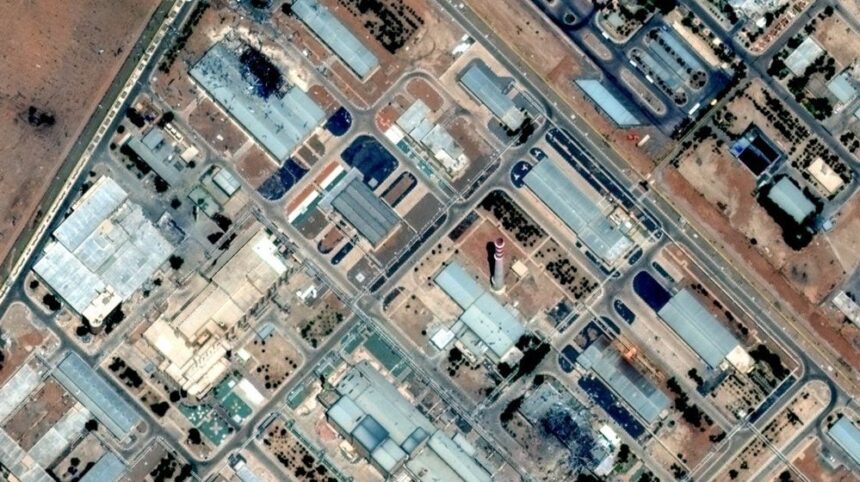Iran’s parliament is preparing legislation to withdraw from the Nuclear Non-Proliferation Treaty (NPT), announced Iranian Foreign Ministry spokesperson Esmail Baqei today. He added that Tehran, despite this potential move, remains opposed to the development of weapons of mass destruction, according to Index.hr.
Iran’s secret uranium enrichment program was revealed in 2002, sparking international concern that the country was seeking to develop a nuclear bomb in violation of its NPT obligations, a claim Tehran denies.
Nuclear Ambitions and Western Skepticism
While Iran asserts it has no military nuclear ambitions, it simultaneously emphasizes its right to use nuclear energy for civilian purposes, in line with NPT provisions. However, Iran is the only non-nuclear-weapon state that enriches uranium to a high level of 60 percent, according to the International Atomic Energy Agency (IAEA).
Western countries, led by the United States, and Israel, Iran’s sworn enemy, suspect Tehran aims to produce nuclear weapons.
Escalating Conflict and Diplomatic Fallout
Nuclear negotiations between Iran and the U.S., which were scheduled for Sunday in Muscat, Oman, were canceled after Israel launched “Operation Lion’s Ascent” on Friday morning. This surprise attack eliminated part of Iran’s military leadership and damaged nuclear facilities.
Israel has stated that its campaign will further intensify in the coming days, while Iran has vowed to “open the gates of hell” in retaliation.
Iranian Foreign Minister Abbas Araqchi stated that his government sees no purpose in continuing negotiations after the major attack on Iranian nuclear facilities. On Monday, Iran called on the IAEA to condemn Israel following the attacks on its nuclear sites. “Peaceful nuclear facilities of a country that has been under constant IAEA supervision were attacked. We expect [the agency and its head Rafael Grossi] to take a firm stance condemning this act” during an emergency meeting today, said Foreign Ministry spokesperson Esmail Baqei.







